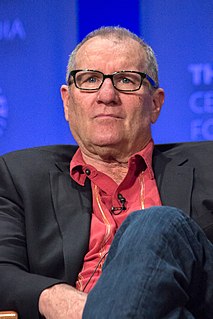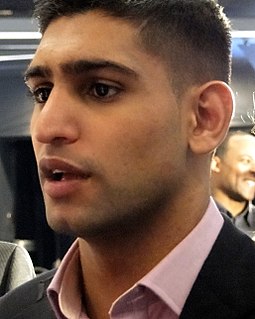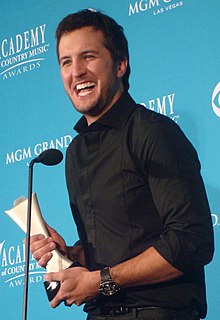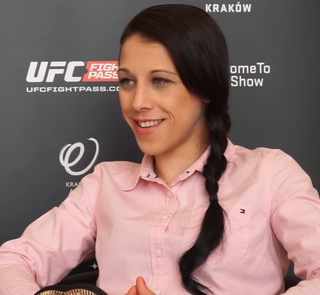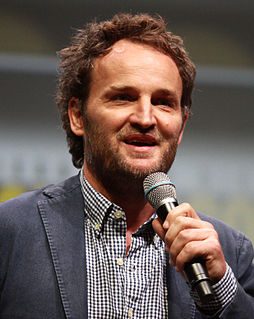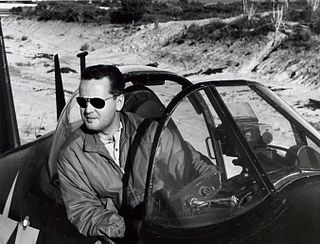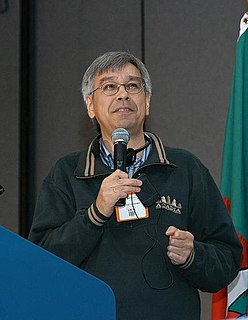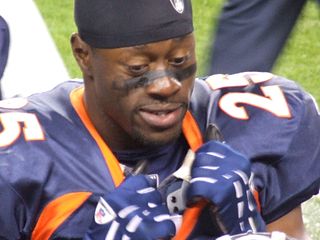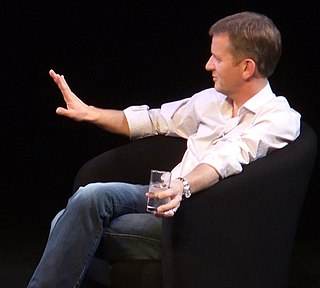A Quote by Raymond Carver
For a long time I wanted to do the kind of work my dad did. He was going to ask his foreman at the mill to put me on after I graduated. So I worked at the mill for about six months. But I hated the work and knew from the first day I didn't want to do that for the rest of my life.
Related Quotes
I worked in a steel mill, I worked in a foundry, I worked in a paper mill, I worked in a chemical refinery, construction, I did all that. It was great work, it was good. I learned welding, mechanic, carpentry, but it saved me from going back to prison because that's helpful. It's really sad because those jobs are gone.
My grandfather on my dad's side was the first in our family to settle in the U.K. He came from Pakistan on his own in the '60s and worked in a cotton mill in Bolton, earning enough to bring over the rest of his family. My dad, Shah, was only about eight when he came to this country. Like most immigrants, he has a fierce work ethic.
I'm the granddaughter of a factory worker from Scranton, Pennsylvania. He went to work in the same lace mill every day for 50 years. He believed he passed it down to my dad, who passed it down to me, that if he did what he was supposed to do, he'd have a good life and his kids would have an even better life. That is the American dream. That is what we believe in, that's what we've got to keep going generation after generation.
Bentham spent much of his life writing constitutions and proposing legal reform in the light of his utilitarianism. The evaluation of particular acts was hardly his concern. The psychology of his day was hedonistic and he worked in that framework and passed it on to Mill, but it is clear as day that Mill was not a hedonist in the sense in which we use that term today, though he used the language of pleasure and pain to express his views.
I was never the kind of girl who said, "One day, I am going to be a beautiful bride, and I am going to have a family." I wanted to work and support myself and make my parents proud. All I did was work. I did three or four films a year, and felt like I was on a treadmill. Finally I said, "Nothing is exciting to me anymore." So I took six months off, which turned into a year, and said, "God, I don't miss it." That's when all kinds of interesting things crossed my path.
I was 16, I just wanted to do something in my life. I wanted to be healthy, I wanted to lose some weight and I went for my first training. In the beginning I didn't know what Muay Thai meant. You know? But I liked it so much, and after six months of training I had my first competition in Poland. I won, and after that I knew that I wanted to do it.
That's one of the challenges of acting. You can't expect that you're going to be successful, but you've got to put your heart and everything you have into it. Look at a guy like Ian McKellen, who is eighty or whatever, and he's just loving his work and you can see that in the work. That defines what type of actor you are. And what kind of people want to work with you. And whether you can do this job for a long, long time.

